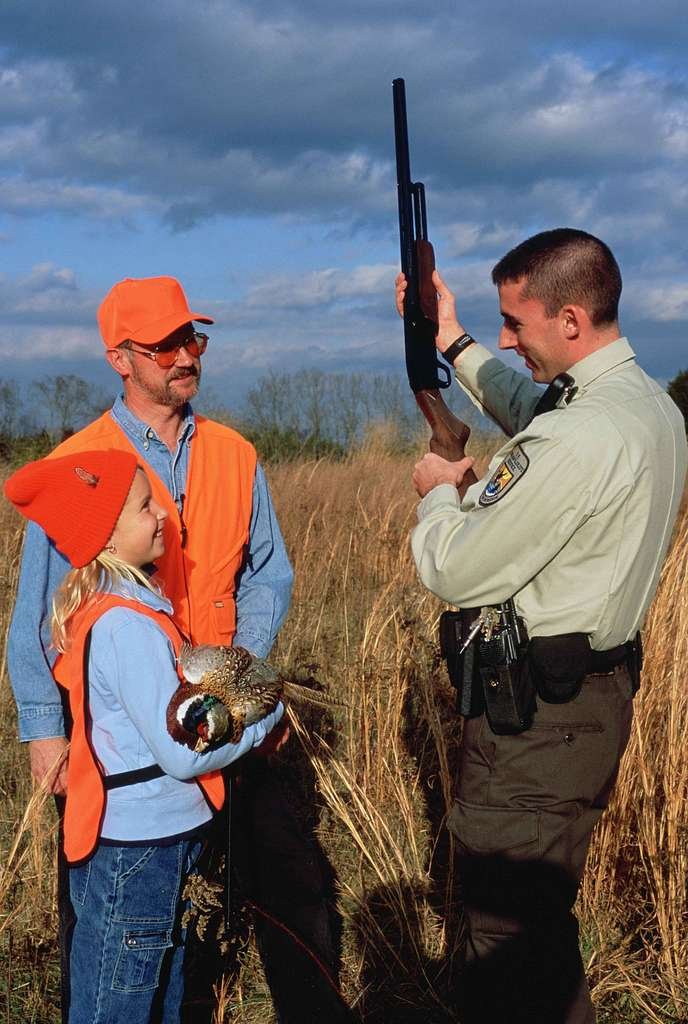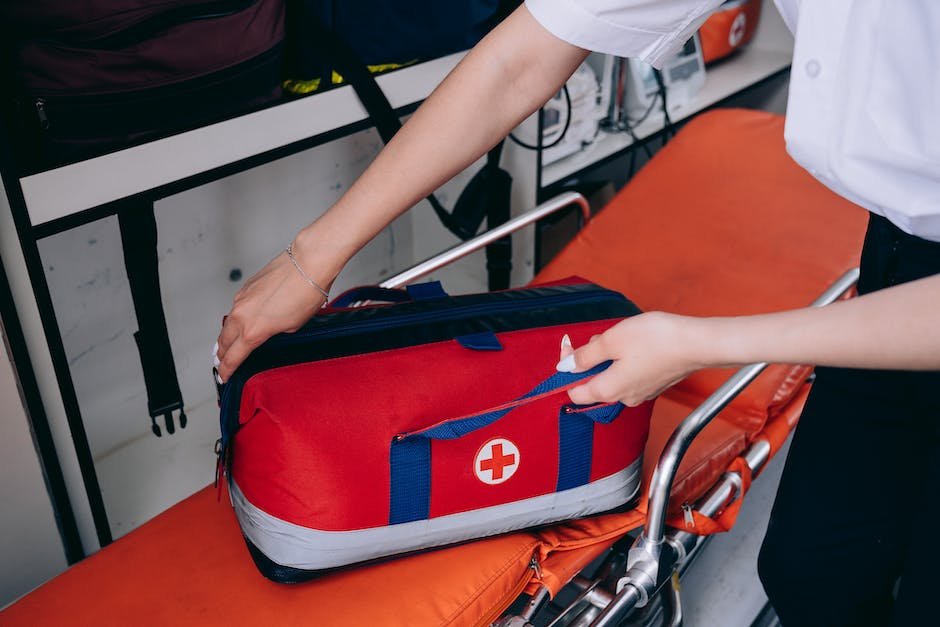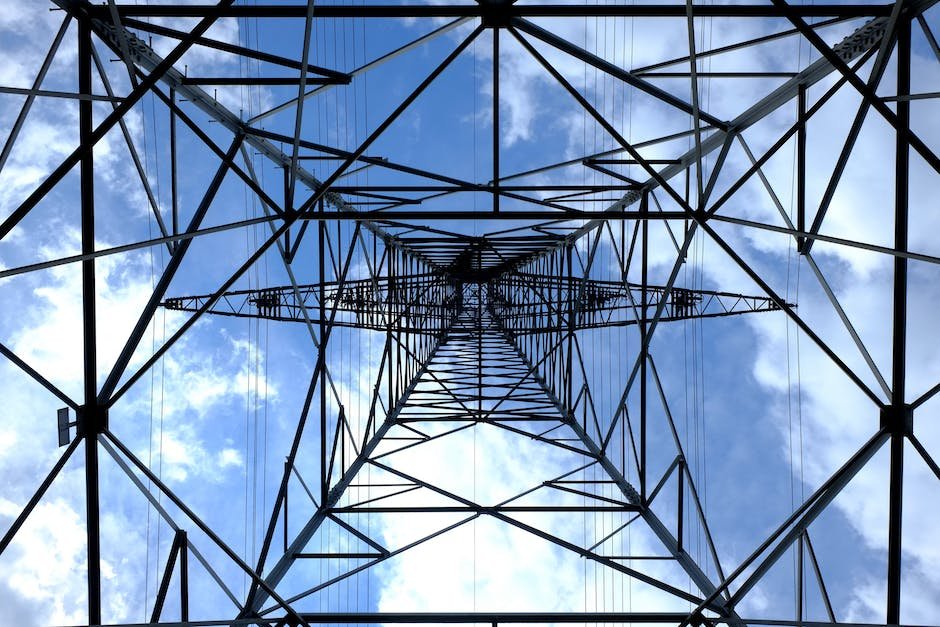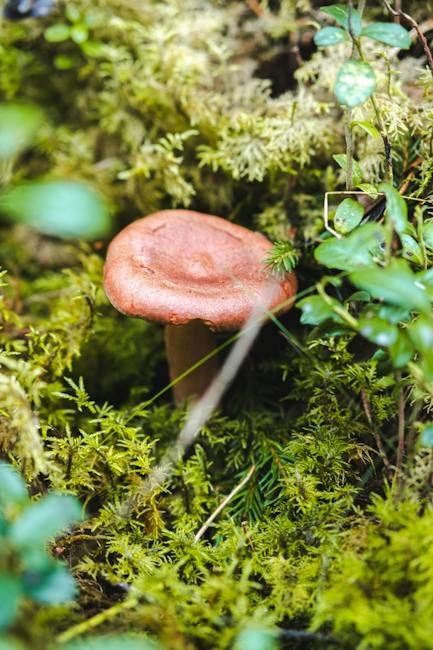Now Reading: The Importance of First Aid in Hunting & Foraging
-
01
The Importance of First Aid in Hunting & Foraging
The Importance of First Aid in Hunting & Foraging
As the sun gently rises over the serene woodland, avid hunters and foragers immerse themselves in the great outdoors, eagerly scouring the earth’s hidden bounty. With each step taken, the thrill of finding nature’s treasures intensifies, and the challenge of the hunt exhilarates the senses. Amidst this adventure, though, lies an inherent risk – an unavoidable reality that demands our attention. One can never truly predict what lies ahead, fully comprehend the dangers that may lurk beneath the wild facade. It is in these moments that the significance of first aid in the realm of hunting and foraging becomes crystal clear, a vital skillset that every enthusiast must possess. From minor scrapes and bites to unexpected emergencies, understanding the fundamentals of first aid can mean the difference between life and death in the wilderness. In this article, we delve into the importance of equipping oneself with the essential knowledge of first aid, providing insights, tips, and precautions for those who dare to venture into the untamed world of hunting and foraging.
Table of Contents
- The Essence of Safety in Hunting & Foraging
- Mitigating Risks: Understanding the Need for First Aid
- Building Resilience: Essential First Aid Techniques for Hunters & Foragers
- Preparation is Key: Crafting a First Aid Kit for Outdoor Adventures
- Empowering Communities: The Role of First Aid Training in the Hunting & Foraging Community
- Q&A
- In Retrospect

The Essence of Safety in Hunting & Foraging
Being well-prepared and mindful of safety is paramount when engaging in the age-old practices of hunting and foraging. By following essential safety guidelines, individuals can not only protect themselves but also ensure the preservation of the natural environment. Here are some key points to keep in mind:
1. Knowledge is power: Before venturing into the wilderness, gather information about the local flora and fauna, as well as any potential threats or risks that may exist. Familiarize yourself with poisonous plants, dangerous animals, and unpredictable weather patterns to minimize potential dangers.
2. Gear up appropriately: Dressing appropriately and having the right equipment is crucial. Ensure you have sturdy footwear, weatherproof clothing, and protective gear like gloves and goggles. Carry a well-stocked first aid kit, a compass or GPS device, and a reliable source of communication in case of emergencies.
3. Respect the environment: While hunting and foraging, it is essential to be mindful of the impact you have on the ecosystem. Follow local regulations regarding hunting seasons and bag limits to promote sustainability. Avoid over-harvesting and practice ethical hunting and foraging techniques, leaving the environment as undisturbed as possible for the future.
By prioritizing safety and being responsible stewards of the natural world, hunters and foragers can enjoy their pursuits while preserving the delicate balance of the environment.

Mitigating Risks: Understanding the Need for First Aid
When it comes to safety, prevention is key. However, accidents and emergencies can still occur despite our best efforts. That’s why understanding the need for first aid is crucial in mitigating risks and potentially saving lives. First aid is the initial care provided to a person suffering from an illness or injury before professional medical help arrives. It is a set of simple yet vital skills that can make a significant difference in emergency situations.
One of the primary purposes of first aid is to stabilize the victim’s condition and prevent it from worsening. By quickly assessing the situation and administering appropriate first aid techniques, you can effectively minimize the risks associated with various injuries. From applying pressure to stop bleeding to performing CPR, first aid empowers individuals to take immediate action and provide necessary assistance until medical professionals can take over.
Moreover, first aid also offers psychological support by showing compassion and giving reassurance to those in distress. Even a simple act of offering a comforting presence or providing basic care can greatly alleviate anxiety and promote healing. It is through these fundamental skills that we can create a safer environment and foster a sense of security within our communities.
- In summary, first aid is not just a set of skills – it’s a mindset. It equips us with the knowledge and confidence to respond effectively to emergencies and minimize potential risks. By understanding the need for first aid, we become proactive in creating a safer world for ourselves and those around us.

Building Resilience: Essential First Aid Techniques for Hunters & Foragers
Discovering the intricacies of the wild and learning the art of survival is both exhilarating and challenging. However, being prepared for any unexpected situation is crucial while roaming through the untamed wilderness. Equipping yourself with a few essential first aid techniques can make all the difference when it comes to building resilience in the face of adversity.
Whether you are hunting or foraging, it’s essential to prioritize your safety. Here are some key techniques to keep in mind:
- Wound Management: Accidents happen, and wounds are inevitable. Ensure you are equipped with a first aid kit that includes antiseptic wipes, sterile dressings, adhesive bandages, and medical tape. Knowing how to properly clean and dress a wound will help prevent infection and promote faster healing.
- Basic CPR: Emergency situations can occur anywhere, even deep in the wilderness. Understanding the basics of cardiopulmonary resuscitation (CPR) can save a life. Enroll in a certified CPR course to learn how to perform chest compressions and rescue breathing correctly.
- Poisonous Plant Identification: While nature provides an abundance of edible plants, there are also poisonous ones that can cause severe harm. Familiarize yourself with the flora specific to your hunting or foraging area, so you can confidently distinguish between safe and toxic plants.
Remember, building resilience means being prepared and equipped with the necessary knowledge and skills to handle unexpected situations. Prioritizing safety, investing in basic first aid training, and learning about the local wildlife are essential steps to ensure a safe and successful hunting or foraging adventure.

Preparation is Key: Crafting a First Aid Kit for Outdoor Adventures
When embarking on outdoor adventures, it is crucial to be prepared for any unexpected situations that may arise. One essential item that should never be overlooked is a well-stocked first aid kit. This compact and portable package of supplies can make a significant difference in providing immediate care when accidents occur.
Building a comprehensive first aid kit requires careful consideration of the potential risks and activities involved in your outdoor expedition. Here are some essential items to include:
- Adhesive bandages: Ideal for covering small cuts and blisters, adhesive bandages keep wounds protected and promote faster healing.
- Gauze pads and adhesive tape: These come in handy for larger wounds that require more substantial coverage and protection.
- Antiseptic wipes or solution: Crucial for cleaning wounds to prevent infections and promote proper healing.
- Tweezers: An invaluable tool for removing splinters, thorns, or other foreign objects lodged in the skin, preventing further irritation.
- Scissors: Useful for cutting tape, gauze, or clothing in emergency situations.
- Pain relievers: Over-the-counter pain medications can help alleviate minor aches, pains, and headaches that may occur during outdoor activities.
- Sunscreen and insect repellent: Protecting yourself from harmful UV rays and pesky bugs is essential for a pleasant outdoor experience.
Remember to periodically check and replenish your first aid kit, ensuring that all items are within their expiration dates. Additionally, it is advisable to acquire basic first aid training so that you are equipped with the knowledge and skills to provide initial care while waiting for professional medical assistance.
Empowering Communities: The Role of First Aid Training in the Hunting & Foraging Community
First aid training plays a crucial role in empowering the hunting and foraging community, providing them with the necessary skills to respond effectively to emergencies. In these natural environments, accidents can happen, and being equipped with the knowledge of first aid can be a lifesaver.
One of the key benefits of first aid training is the ability to quickly assess and stabilize an injury or medical condition. By learning how to apply bandages, perform CPR, and respond to common outdoor emergencies, community members become a valuable resource in their local area. Moreover, the knowledge gained from first aid training also extends beyond immediate emergency situations. It helps individuals in the hunting and foraging community understand how to prevent accidents and take necessary precautions while out in the wild.
Not only does first aid training equip community members with life-saving skills, but it also fosters a sense of self-reliance and confidence. Knowing that they have the ability to support themselves and others in times of crisis allows individuals in the hunting and foraging community to explore their passion with peace of mind. Additionally, these skills can be passed down through generations, ensuring the sustainability and safety of the community’s hunting and foraging practices.
In conclusion, first aid training plays a vital role in empowering the hunting and foraging community by providing them with essential life-saving skills, promoting self-reliance, and ensuring the safety of their endeavors. By investing time and effort into first aid training, these individuals become valuable assets in their community, capable of handling emergencies with confidence and competence.
Q&A
Why is first aid important in hunting and foraging?
First aid is crucial in hunting and foraging as accidents, injuries, or allergic reactions can occur unexpectedly. Knowing how to administer immediate medical care can prevent the situation from escalating and potentially save a life.
What are some common injuries that can occur while hunting and foraging?
Common injuries include cuts, sprains, burns, bug bites, and animal bites or scratches. Additionally, there is also the risk of stepping on sharp objects, encountering poisonous plants, or experiencing heatstroke or hypothermia.
What are the essential first aid skills every hunter and forager should possess?
Vital first aid skills include the ability to properly clean and dress wounds, manage bleeding, immobilize injured limbs, apply CPR if needed, and recognize and treat allergic reactions or other serious medical conditions.
What items should be included in a well-stocked first aid kit for hunting or foraging?
A comprehensive first aid kit for hunting and foraging should contain items such as band-aids, sterile gauze pads, adhesive tape, antiseptic solution, tweezers, scissors, a CPR mask, disposable gloves, emergency blanket, insect repellent, and any necessary personal medication.
How can knowledge of first aid impact the outcome of an emergency situation?
Having knowledge of first aid can potentially save lives as it allows one to provide immediate care when medical professionals are not immediately available. It can help stabilize an injured person, prevent further harm, and increase the chances of a successful recovery.
Are there any specific first aid considerations for remote hunting or foraging trips?
When venturing on remote hunting or foraging trips, it is important to consider the additional risks and challenges. It is advisable to carry a satellite phone or emergency communication device, adequate food and water supplies, and the necessary survival gear. Furthermore, brushing up on wilderness-specific first aid skills, like treating animal bites or allergic reactions, can be valuable in such situations.
How can hunters and foragers enhance their first aid skills?
To enhance first aid skills, hunters and foragers can consider taking a certified first aid course that also covers wilderness or remote scenarios. It is also advisable to stay updated on current first aid practices and techniques through online resources or refresher courses.
In Retrospect
As we conclude this exploration into the often overlooked importance of first aid in the realm of hunting and foraging, let us take a moment to marvel at the symbiotic relationship between nature and humanity. In a world where the chase of sustenance trumps technological advancements, it is paramount that we equip ourselves not only with the skills to thrive in the wilderness, but also the knowledge to heal when the unexpected befalls us.
Imagine embarking on a venture deep into the heart of an uncharted forest, guided solely by the whispers of the wind and the call of untamed creatures. As you tread upon Mother Nature’s canvas, the interplay of prey and predator unfolds like an intricate dance, where hunters become the hunted, and the hunted become hunters.
But within this captivating spectacle lies an inherent risk, lurking behind every lush fern or hidden crevice. It is here that the importance of first aid reveals itself as a silent protector, an indispensable ally that stands between a life-threatening situation and a mere setback.
In the midst of harvesting the earth’s abundance, the hunter can experience a pantheon of unpredictable encounters. Wounds may pierce the skin, a subtle sprain may betray a misplaced step, or the pangs of nature’s fury may befall even the most seasoned and vigilant foragers. It is in these moments, where the line between survival and surrender blurs, that the knowledge of first aid emerges as a beacon of hope, capable of illuminating the murky path back to safety.
From the humble gauze and bandages that staunch the flow of blood, to the miraculous medicinal herbs capable of taming the raucous wounds, the significance of having a comprehensive first aid kit cannot be overstated. It is a tangible expression of both preparation and respect for the unpredictable forces that govern our lives, a testament to humanity’s capacity to adapt and protect.
As we embrace the resounding silence of the wilderness, let us remember that our collective responsibility within the realm of hunting and foraging extends beyond the mere act of procuring sustenance. We must also be guardians of our own well-being, armed with the essential tool of first aid and a steadfast determination to preserve the delicate balance between man and nature.
So, as you embark on your next foray into the bountiful embrace of the wild, take a moment to reflect on the profound importance of first aid. For it is a skill that bridges the gap between wild abandon and calculated exploration, reminding us that even in the face of danger, our journey can unfold harmoniously with nature.
As an affiliate, my content may feature links to products I personally use and recommend. By taking action, like subscribing or making a purchase, you’ll be supporting my work and fueling my taco cravings at the same time. Win-win, right?
Want to read more? Check out our Affiliate Disclosure page.


